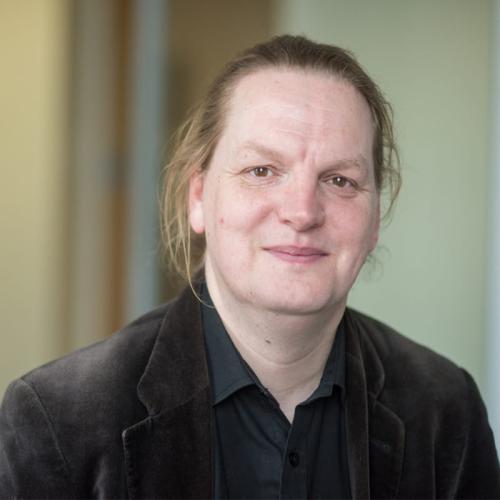Speaker profile

Prof. Andrew Newsam
Available for booking

Liverpool, Merseyside, England

Will travel anywhere in the UK

Professional Astronomer

Science Educator

Science Communicator
Summary
Andy is an astronomer, educator and manic hand-waver. As well as astronomical research, he helped to set up The Schools' Observatory and works with artists and performers to share science as widely as possible.
Full biography
Andy Newsam is Professor of Astronomy Education and Engagement at Liverpool John Moores University (LJMU). After studying cosmology at Glasgow University, and working as an observational astronomer at the University of Southampton, he joined LJMU in 1998 to help set up the Schools' Observatory, one of the largest astronomy education projects in the world. As well as astronomical research and education he is a keen science communicator, giving talks to many thousands of school children, amateur astronomers and the general public throughout the UK and beyond, as well as working with artists of all kinds on new ways - from show gardens to street theatre - to bring the delights of astronomy to as many people as possible. Most importantly, all of the parts of his job let him play with really big telescopes.
Affiliations
Lectures
Astronomy and Art: Universal Appeal?
For centuries science and art went hand-in-hand, but more recently they seem to have diverged into two distinct "cultures". In this talk Andy will describe some forays by an astronomer into the world of art to explore challenging concepts with unsuspecting audiences. Covering art forms from computer music to dance, theatre to gardening shows, and looking at scientific concepts as diverse as Dark Matter and the physics of breakfast we will see some ways in which art and science can work together and ask if the two cultures are really as different as they might seem.
A Universe for All
Astronomy creates a sense of excitement and wonder. Liverpool John Moores University’s Schools’ Observatory (www.schoolsobservatory.org) taps into that interest to explore science, mathematics, engineering and technology. The Observatory was originally set up to provide a way for UK and Irish school students to take their own observations with the world’s largest fully-robotic telescope – the Liverpool Telescope in the Canary Islands - and for more than a decade it has been doing exactly that with many thousands of observations taken for students of all ages. However, it has also grown to have a much wider mission to help prepare future generations for the exciting but challenging technological world that lies ahead of them.
Noisy Data: Listening to astronomical observations
The visual beauty of the universe is inspirational, and our ability to use telescopes to "see" unimaginably distant object that are invisible to the eye has revolutionised our understanding of the cosmos. But are we missing a trick? Could we use our ears to explore ina new way and discover more knowledge and beauty? Here I tell the ongoing story of my collaboration with a composer to experiment with ways in which astronomical observations and data can be explored by turning them into sound.
Things that go Bang in the night
The Universe is a dynamic, ever-changing place full of extremes – from Black Holes to asteroids, massive exploding stars to elusive distant planets. With recent developments in technology astronomers now have high-tech telescopes and instruments that allow them to observe changes in the universe on timescales from fractions of a second to years, all without leaving the comfort of their homes or offices. So, how are astronomers using these new methods to explore the universe and how can you get involved?
Publications
Everything You Ever Wanted to Know About the Universe
The universe is a beautiful, awe-inspiring place – from glowing nebulae to the sweeping majesty of the Milky Way, from complex cloud patterns on Jupiter to the rippling curtains of aurorae. But many of us struggle to grasp the complex ideas and science behind it all, or to see how it relates to our everyday lives. In Everything You Ever Wanted to Know About the Universe, Professor Andrew Newsam draws on his vast expertise to show us what’s going on beyond the limits of our planet, from our solar system to distant galaxies – and what this tells us about our own place in this vast expanse. Will our explorations of our neighbouring planets reveal life or a new place to settle? What happens inside black holes? Is dark matter real? Would a solar flare have a devastating effect on our planet? Could we do anything to prevent being wiped out by an approaching asteroid? What can observations of stars reveal about our origins – and our future? A brilliantly vivid and enlightening guide to the incredible phenomena of outer space – and to ourselves.




